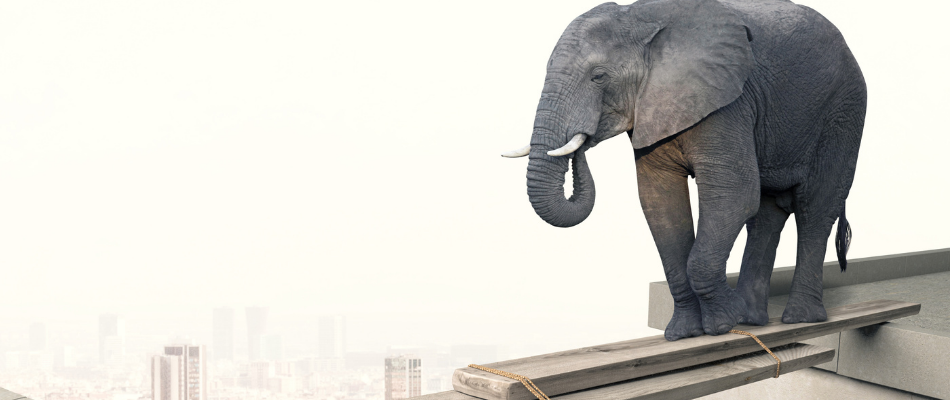As briefly mentioned in the previous article, environmental mastery refers to our ability to leverage opportunities and to create a context within our environment that fulfills our needs and values. This dimension also reflects how competent you feel to meet the demands of a situation. A person with a high sense of environmental mastery feels that they have the resources and capacity to cope, adjust to problems, and they are not overwhelmed by stress. In this article we will be exploring the courage component of environmental mastery – how do we tap into our ability to be brave to move towards the opportunities that face us?
Bravery: images of men in skirts, with blue-painted faces shoot into the mind – or muscled heroes fighting for the desolate or disillusione. But, what does it mean to be brave, to apply courage? To quote one of the greats:
“All our dreams can come true if we have the courage to pursue them. It’s kind of fun to do the impossible.” – Walt Disney
The courage to pursue them… what does this take? Is it something we are born with or is it something we can learn? Can we be ‘calculatedly’ brave or does this defy the point? You might have read in the business articles published before that to be brave means to calculate risk to ensure that business growth and productivity is optimum. But in your personal life? Is it an either/or situation? Either you have the courage or you don’t. Let us assume, that like with any other wellness component, it is something that we can work on and put the effort into achieving. The greater the vulnerability, the greater the exposure, and the greater the reward.
Let’s do this! We will look at strategies we can apply to be more courageous. Once you’ve read the article, you decide: is this something I can work on?
Understand that fear is normal
This statement assumes that the opposite of bravery and being courageous is fear. Bravery does not mean that you do not feel fear. Feeling fear is natural, the body is wired to protect you. If you are standing at the edge of a cliff, strapped into bungee cords, your brain will fight your urge to jump, simply because it knows that it is a dangerous action that might cause fatality. Being courageous then, means doing something anyway – whether you feel fear or not. So, to be brave means that you have to understand that fear is normal. Instead of giving in to it, analyse the risk and take the leap with which you are comfortable.
Start slowly
Think of courage as a muscle – something that you need to exercise to strengthen. You need to train it. Start small, face the unfounded doubts you might have about yourself or the environment you live in. Next, take on something bigger, work through it and grow your courage muscles step by step.
Exercise courage daily
Like physical fitness, our discouraging thoughts and feelings should be adhered to daily. Confront what you need to confront to maintain (and increase) courage.
Set a personal goal for your own thoughts
Be proactive in how you attempt to become brave. Think of the pride you will feel if you overcome a discouraging fear. Focus on the pride of being brave – manifest that in your mind. Say to yourself: Today my act of bravery will be… (and then fill in the gap and follow through).
Work on your self-image
I can, therefore I am. As simple as that. Your thoughts will direct your actions. Develop self-esteem to push yourself towards bravery.
Sleep enough
A lack of sleep will prevent you from being at your optimum level and will harm your ability to be brave and practise acts of courage. Being tired means you are less motivated, you feel lazy and might find more reasons why not to do something.
Imagine the satisfaction
Imagine how satisfied you will feel when you do something despite the fear you might have felt. Push through the doubt, rely on your strength and just do what you have to do.
Support the WHY for your action
Find reasons why you should do what you are fearful of and disengage from the why not’s. Another way of doing this is to change the why not’s into have to’s.
Name and shame your fear
When fear becomes part of your story, observe it, name it and discard it. Rob it of its power over you, only then will it lose control.
Celebrate the person deciding to live life optimally by facing obstacles and fear with gusto! Every person has the ability within her/himself to be their greatest self – claim it and go and conquer the world!








